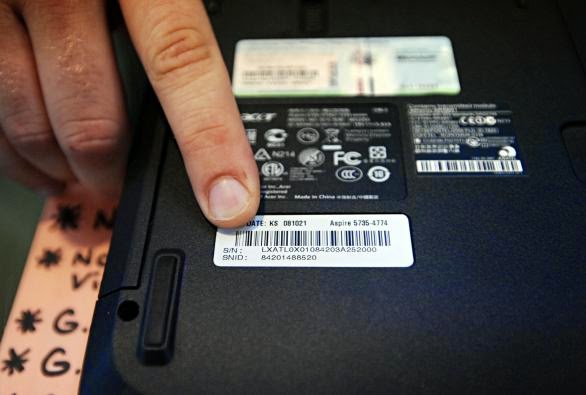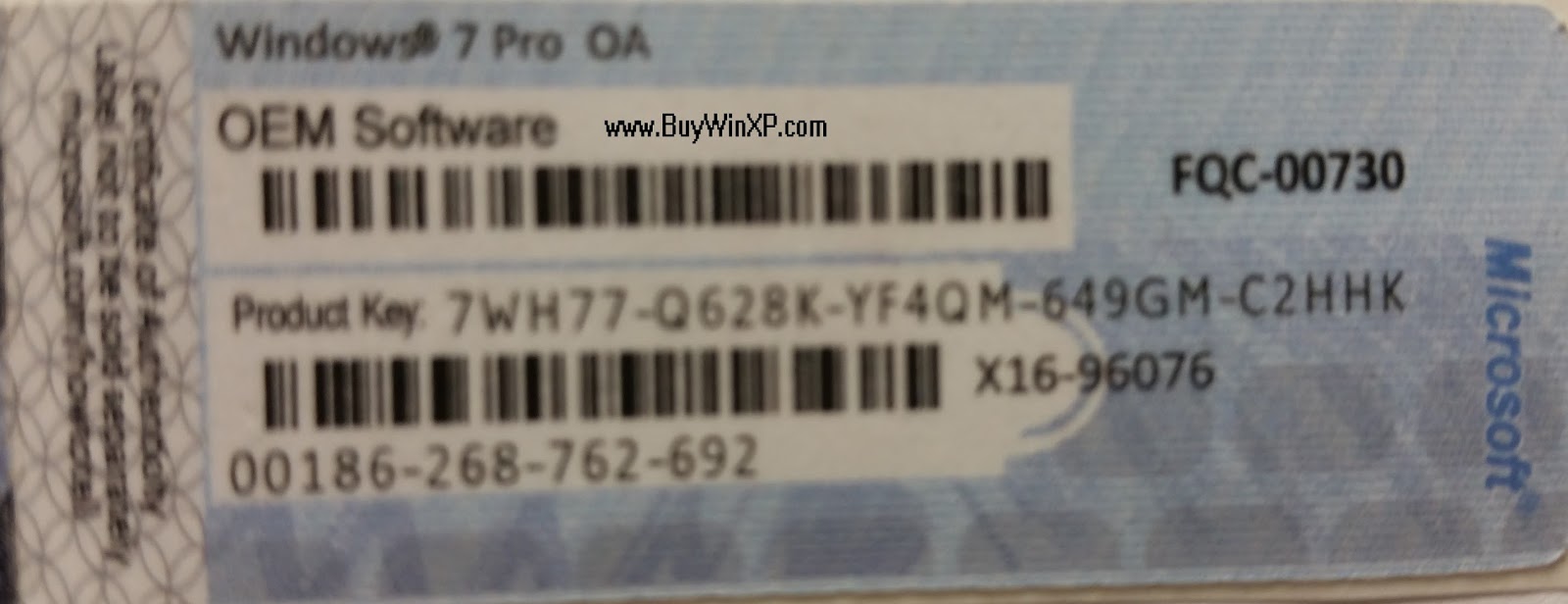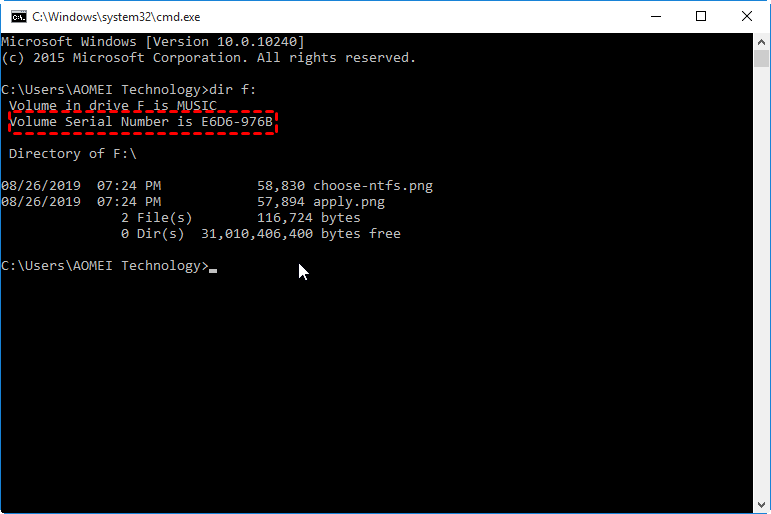
Type the following command to name, brand, model, and serial number information and press Enter: wmic diskdrive get model,serialNumber,index,mediaType > C:\PATH\TO\TEXT.TXTThis example exports the hard drive details to the current user's folder: wmic diskdrive get model,serialNumber,index,mediaType > C:\Users\user1\Documents\hdd-info.Currently our hardware inventory is out of date, so Id like a quick rapid way to get this information via a software solution (so I dont need to approach every single. Search for Command Prompt and click the top result to open the app. Id like to find the manufacturer, model and serial number of various Windows (XP, Vista, 2003, 2008) and Linux (Ubuntu, Debian, Fedora) machines via a software solution.If you want to export the hard drive details to a text file that you can share easily, use these steps: How to export hard drive information to text file using Command Prompt Here's the full list (opens in new tab) of available options: $70 at Amazon (opens in new tab)Īlthough we're showing you the steps to query specific hard drive information, you can edit the command to find out only the details you need. In case of purchasing a computer with Windows 8.1 pre-installed, you should find your Windows 8.1 activation key somewhere on a sticker on the computer. The price listed here is for the 500GB model, but you can get up to 4TB. Its 550MB/s read and 520MB/s write speeds are enough for the majority of users. This hard drive is reliable and has a proven track record of quality. When you reinstall it will pick up the Product Key and activate the system automatically. Reality is that these are two different models.$116.98 (opens in new tab) at Amazon (opens in new tab) With Windows 8/8.1 The Product Key on preinstalled Operating Systems (HP, Acer, etc) is embedded in the BIOS in the Motherboard, so that the lost and/or worn C.O.A. # Open CSV file for review (leave this line out when deploying)Īlmost there but the output states that I have two monitors connected to my pc with the same model/serial number. $data | Export-Csv 'C:\Windows\Users\xxxx\Desktop\Monitor_system_info.csv' -NoType -Append Is there a way to find out what OS and the key using only the serial. The HP support website really had no answers for me. So now all I have is the serial, and need to find which OS came preinstalled, and the key for it. New-Object -Type PSCustomObject -Property $props Im pretty sure it was windows 8, then they upgraded to 10 and had a major issue, causing them to somehow format their drive.

'Monitor Serial' = $MonitorInfo."Serial Number" 'RAM' = ::Round($computerSystem.TotalPhysicalMemory/1GB) 'HDDSize' = ::Round($computerHDD.Size/1GB)


'PC Serial Number' = $computerBIOS.SerialNumber $Computer | Out-File -FilePath $NotRespondingLog -Append -Encoding UTF8 $data = ForEach ($Computer in $ArrComputers)



 0 kommentar(er)
0 kommentar(er)
